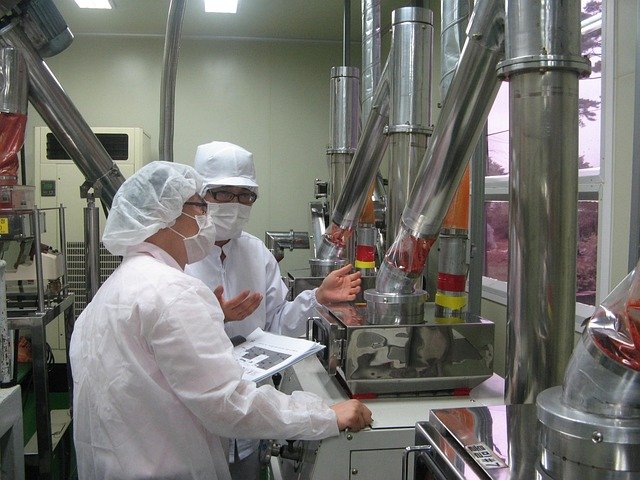Biomanufacturing: Revolutionizing Industrial Production
The fusion of biology and manufacturing is ushering in a new era of industrial production. Biomanufacturing, a cutting-edge approach that leverages living organisms to create products, is poised to transform industries from pharmaceuticals to materials science. This innovative method promises increased sustainability, novel product capabilities, and potential cost reductions. As companies seek to stay competitive and meet evolving consumer demands, understanding the potential of biomanufacturing becomes crucial for forward-thinking business leaders and industrialists.

The concept gained traction in the pharmaceutical industry, where it revolutionized the production of complex proteins and antibodies. However, its applications have expanded far beyond medicine. Today, biomanufacturing is being explored in diverse sectors, including textiles, food production, and even construction materials.
Advantages Over Traditional Manufacturing
Biomanufacturing offers several distinct advantages over conventional production methods. First, it often requires less energy and produces fewer harmful byproducts, making it a more environmentally friendly option. This aligns well with increasing consumer demand for sustainable products and stricter environmental regulations.
Second, biomanufacturing can create products with unique properties that are difficult or impossible to achieve through traditional means. For instance, spider silk produced through biomanufacturing can be stronger than steel and more flexible than nylon, opening up new possibilities in materials science.
Lastly, as the technology matures, biomanufacturing has the potential to be more cost-effective for certain products, especially those that are complex or require precise molecular structures.
Applications Across Industries
The versatility of biomanufacturing is evident in its wide-ranging applications. In the textile industry, companies are using engineered bacteria to produce biodegradable fibers with customizable properties. The food sector is exploring biomanufacturing to create meat alternatives and novel ingredients without the need for animal agriculture.
In the realm of materials science, researchers are developing biomanufactured alternatives to plastics and other petrochemical-based products. Even the construction industry is investigating the use of bacteria to create self-healing concrete, potentially extending the lifespan of infrastructure.
Challenges and Considerations
While promising, biomanufacturing is not without its challenges. Scaling up production from laboratory to industrial levels can be complex and costly. Ensuring consistent quality and purity of biomanufactured products requires sophisticated monitoring and control systems.
Regulatory frameworks are still evolving to address the unique aspects of biomanufacturing, particularly in non-pharmaceutical applications. Companies venturing into this field must navigate uncertain regulatory landscapes and potentially face public skepticism about bioengineered products.
The Future of Biomanufacturing
As technology advances and our understanding of biological systems deepens, the potential of biomanufacturing continues to expand. Emerging areas of research include the development of “cell-free” systems that can produce desired compounds without the need for living organisms, potentially simplifying production processes.
The integration of artificial intelligence and machine learning is also set to accelerate progress in biomanufacturing. These technologies can help optimize production processes, predict protein structures, and even design entirely new biological systems for manufacturing.
Key Insights for Business Leaders
• Assess your product portfolio for biomanufacturing opportunities
• Invest in R&D partnerships with biotech firms and academic institutions
• Stay informed about regulatory developments in biomanufacturing
• Consider the marketability of “bio-based” products to environmentally conscious consumers
• Prepare for potential disruptions in your supply chain as biomanufacturing technologies mature
In conclusion, biomanufacturing represents a frontier of innovation in industrial production. Its potential to create sustainable, novel products while potentially reducing costs makes it an area of significant interest for businesses across sectors. As the technology matures and expands into new applications, forward-thinking leaders who understand and leverage biomanufacturing may gain a significant competitive edge in the evolving industrial landscape.





